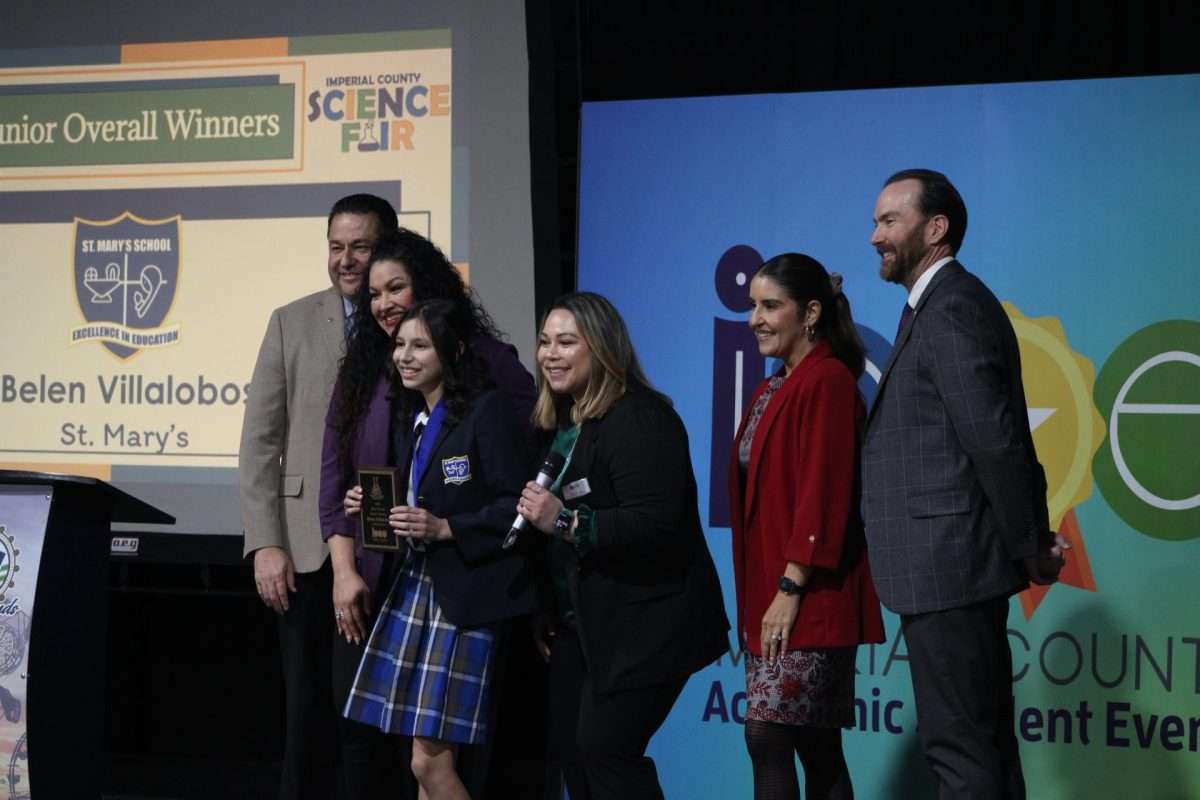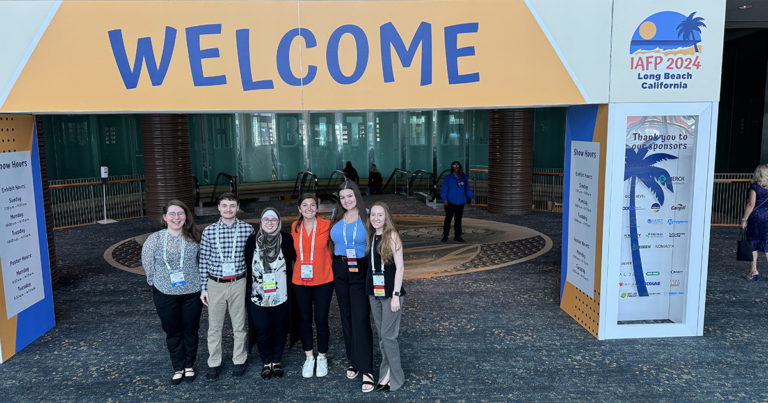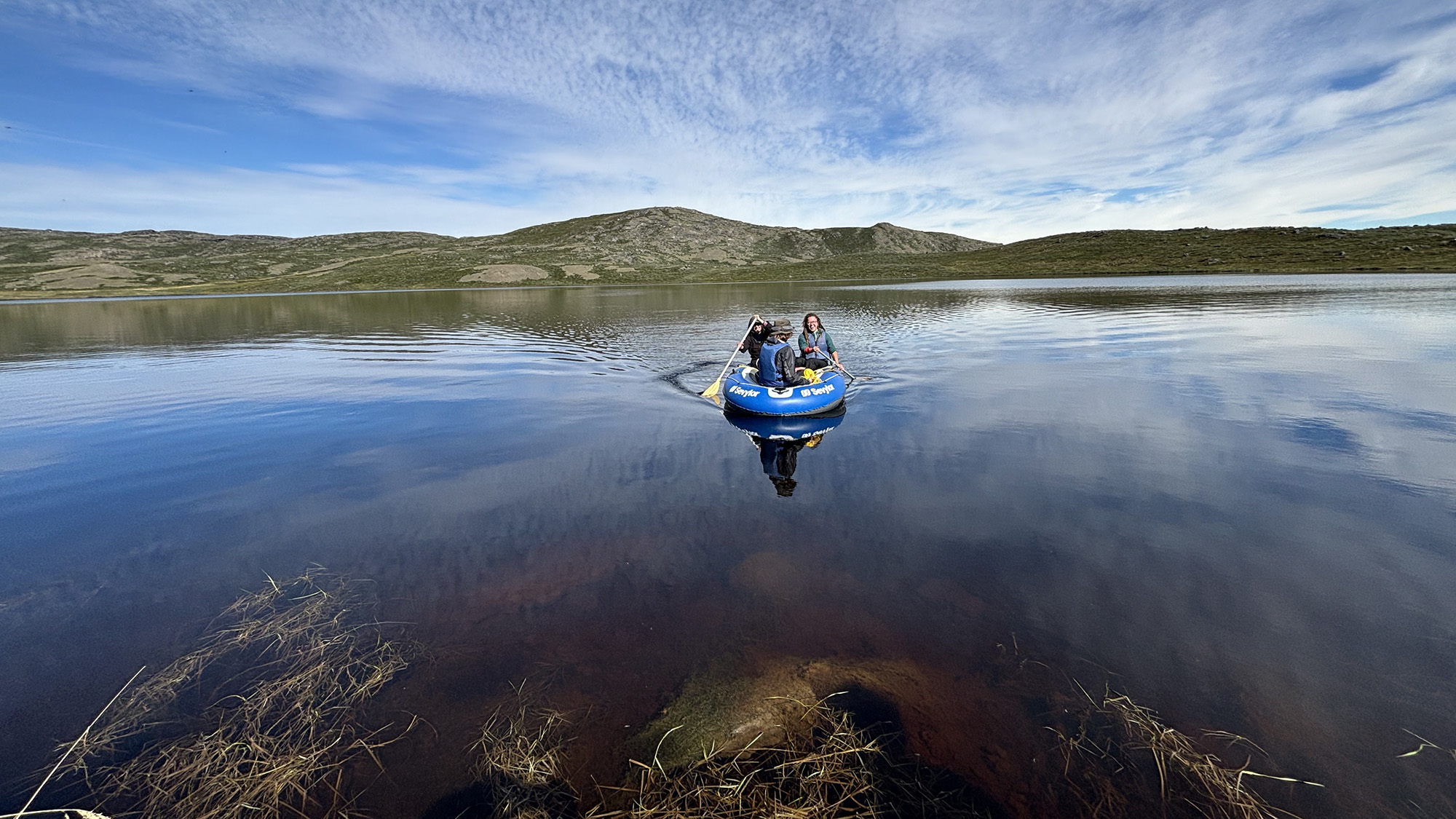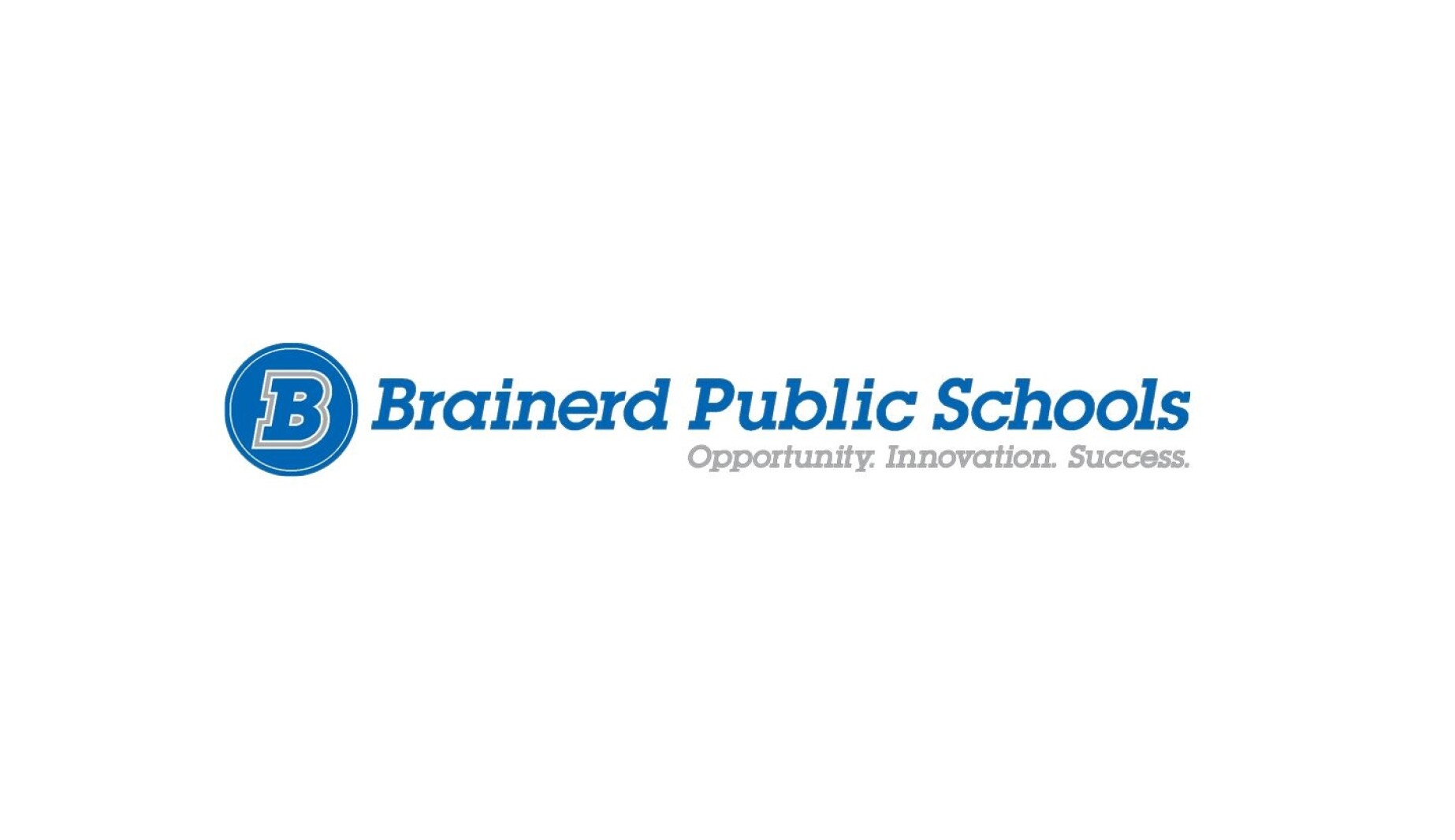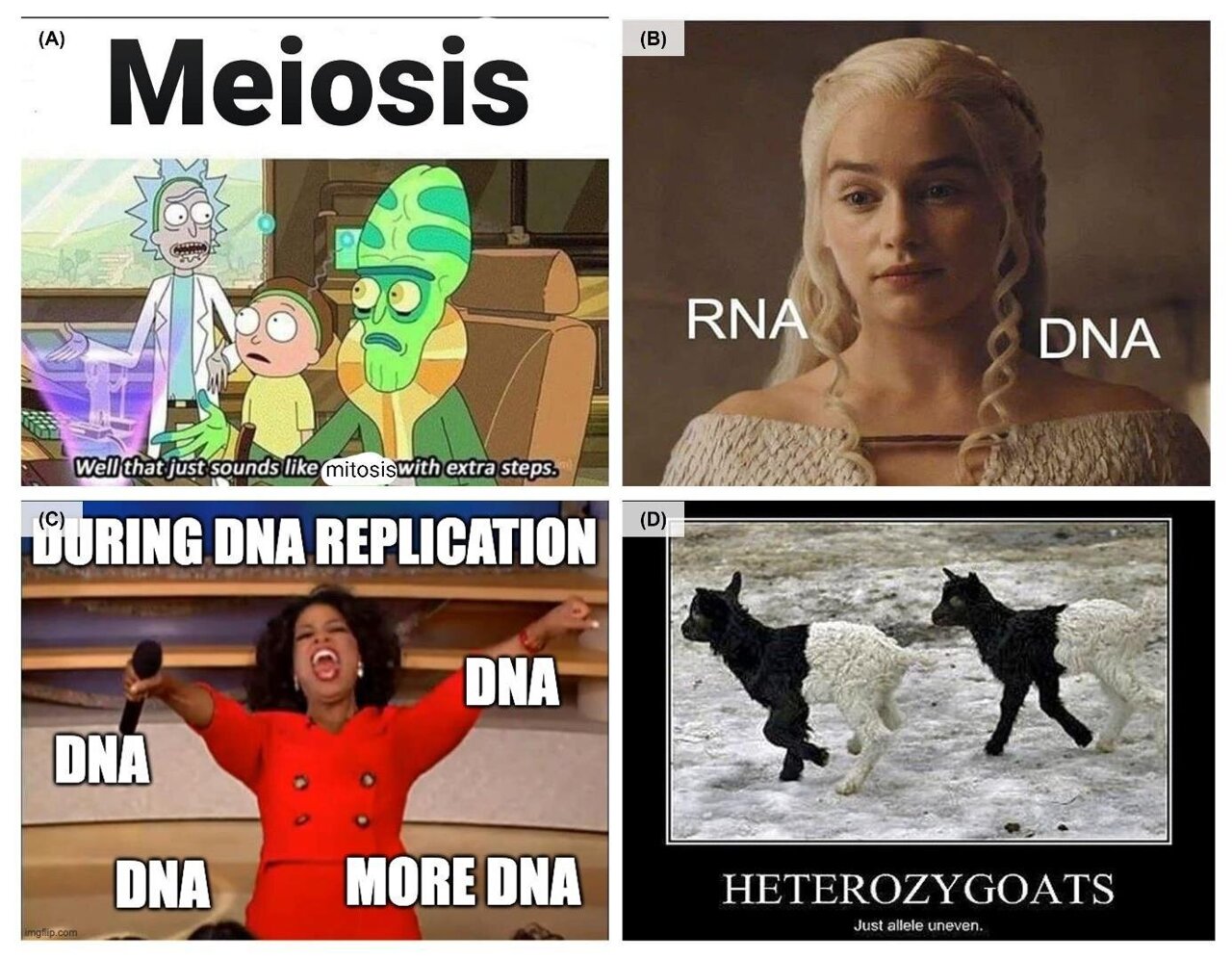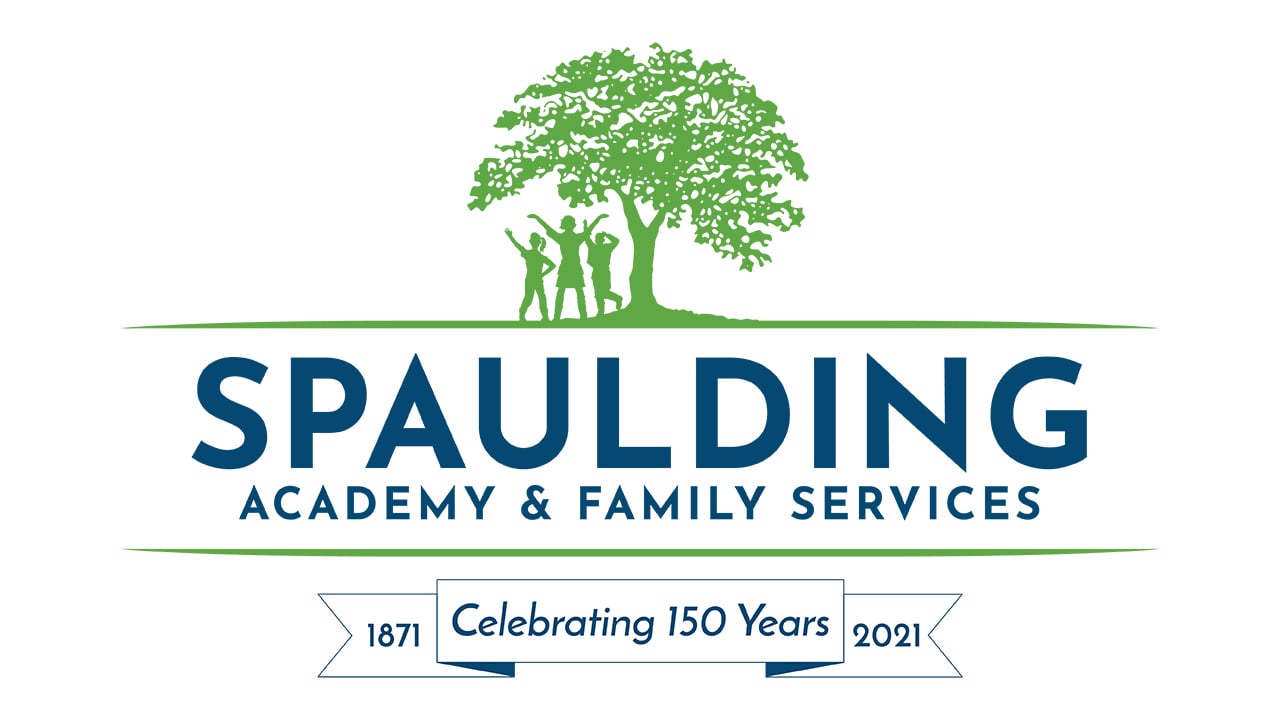
Science Wins Public Confidence: Global Survey Reveals Unwavering Faith in Research
In a groundbreaking global study that spans 68 countries, researchers have uncovered a reassuring trend: public confidence in scientific expertise remains remarkably strong in the post-pandemic era. The comprehensive survey, a collaborative effort by the University of Zurich and ETH Zurich, involved an impressive team of 241 researchers dedicated to understanding societal perspectives on science. This landmark research delves deep into public perceptions, exploring not just trust levels, but also examining how people view scientific priorities and the role of researchers in addressing global challenges. By gathering data from diverse regions and populations, the study provides an unprecedented snapshot of global scientific trust. The extensive research highlights the resilience of scientific credibility in an increasingly complex world. Despite recent global challenges, including the COVID-19 pandemic, people continue to view scientists as critical sources of knowledge and guidance. While the specific trust percentages were not fully detailed in the initial report, the study's broad international scope suggests a positive and hopeful narrative about the public's relationship with scientific research and expertise. As our world becomes more interconnected and technologically advanced, understanding public trust in science remains crucial for effective communication, policy-making, and global collaboration.


